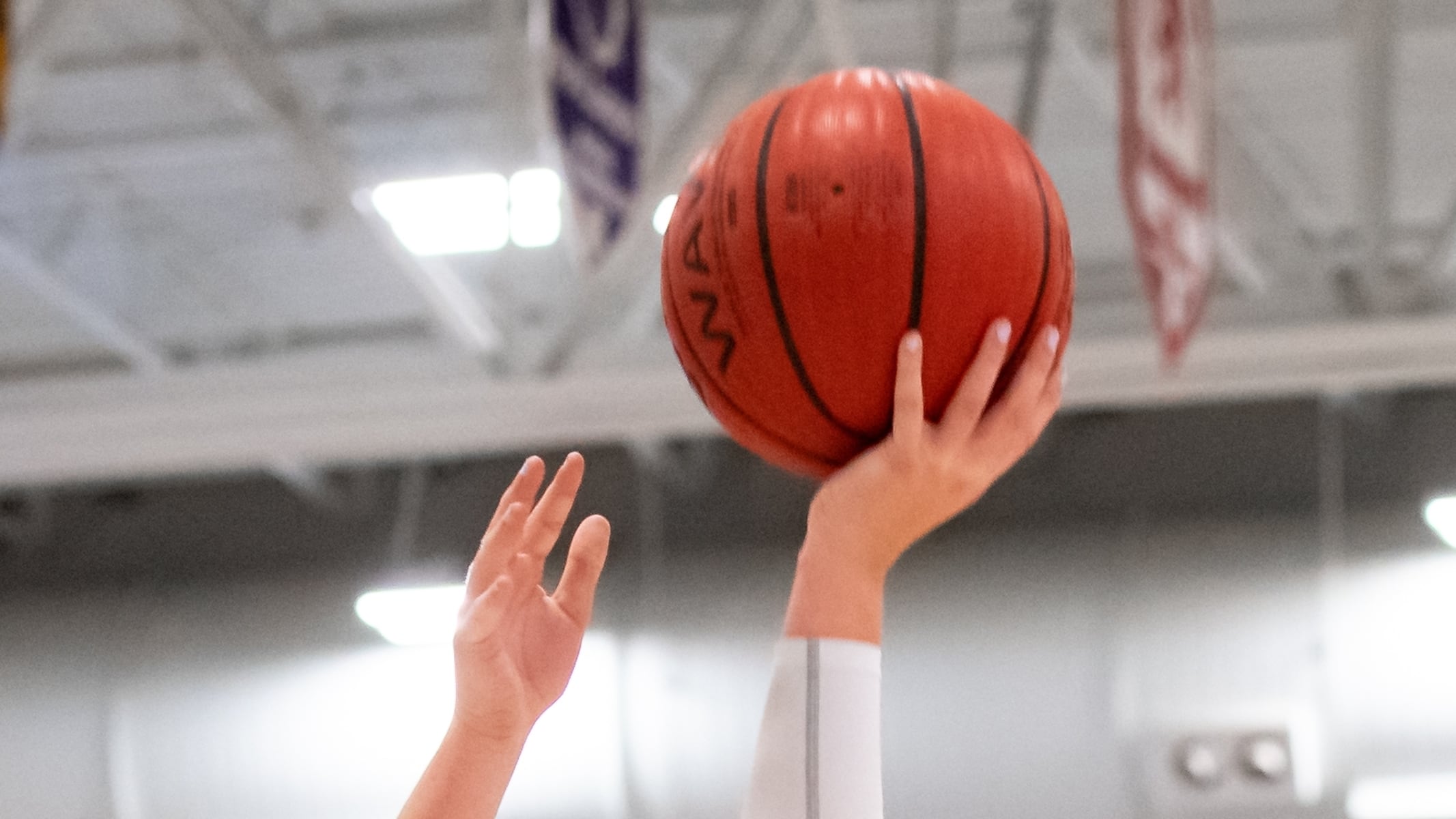UConn Pioneers Virtual Reality to Combat Gambling Addiction

Concern over problem gambling is escalating on college campuses, with students engaging in risky behaviors at rates believed to be two to four times higher than adults. The prevalence of online gambling, including poker rooms, virtual casinos, and sports betting apps, has made it easier for young people to participate in these activities with just a click.
Innovative Approach to Addiction Therapy
At the University of Connecticut, Robert Astur, an associate professor of psychological sciences, is leading a groundbreaking initiative aimed at addressing this issue through virtual reality (VR). Since January 2024, his team has been conducting a two-week program that immerses students in a VR casino environment, where they are tasked with identifying and eliminating all gambling cues.
Initial results from the pilot study have shown promising outcomes, with participants reporting reduced gambling urges and improved control over their behaviors by the end of the program. A comprehensive analysis of the data is expected to be published later this summer, but Astur is optimistic about the potential of this method to effectively diminish gambling triggers and positively influence real-life behavior.
The foundation of this innovative approach draws on a previous collaboration with Benoit Gerard, a psychology professor at the University of Quebec, who utilized VR to help individuals quit smoking. In that study, participants in the VR group reached a 15% abstinence rate compared to just 2% in the control group, demonstrating how VR can lead to significant behavioral changes.
Tracking Behavioral Changes
Astur’s ongoing study will also monitor participants’ physiological responses and behavioral changes to determine if the VR experience can lead to a genuine decrease in gambling cravings outside the lab. He emphasized the high stakes involved, noting the serious connection between gambling addiction and issues such as depression, suicide risk, poor academic performance, and strained relationships.
If successful, this VR approach could fundamentally transform addiction treatment not only for gambling but also for other compulsive behaviors, including gaming, cannabis use, and smartphone addiction. “The future of addiction therapy might just be virtual,” Astur stated.
Demonstrating the innovative technology, senior psychology major Allison Millspaugh showcased the program by using VR controllers to smash slot machines with a virtual hammer and set fire to blackjack cards. This hands-on experience illustrates how the program engages participants in a dynamic and immersive manner.
The study recruited participants through UConn’s Student Digest, with individuals completing follow-up surveys and receiving small stipends for their involvement. According to doctoral student Finn Zakas, young adults are particularly vulnerable to gambling addiction due to ongoing brain development.
Astur aims to expand the study beyond the initial 30 participants and anticipates publishing the results in 2025, which could potentially influence future addiction treatment strategies on a broader scale. The implications of this research are significant, as the need for effective solutions to gambling addiction continues to grow.






